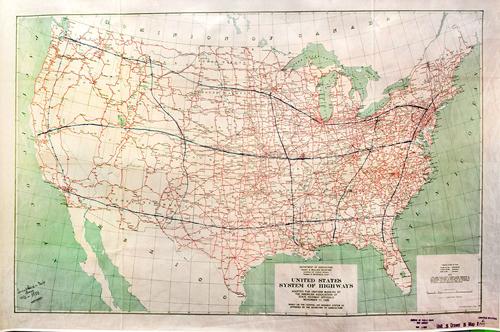Or, rather, no surface parking.
What would it take for the U.S. (frex) to ban surface parking lots, in favor of either underground (my preference) or garages/towers? Tax them out of existence? Subsidize construction of underground lots or garages at malls? Both? Something else?
Banning cars isn't an option, but better public transit is. (My choice, monorail. )
)
A Nazi takeover, or something like it, isn't an option, either.
POD any time after 1900.
Side note: Once it's done, what would you replace them with?
What would it take for the U.S. (frex) to ban surface parking lots, in favor of either underground (my preference) or garages/towers? Tax them out of existence? Subsidize construction of underground lots or garages at malls? Both? Something else?
Banning cars isn't an option, but better public transit is. (My choice, monorail.
A Nazi takeover, or something like it, isn't an option, either.
POD any time after 1900.
Side note: Once it's done, what would you replace them with?
